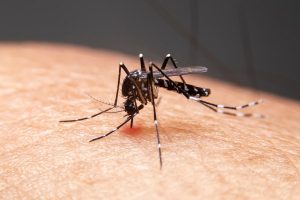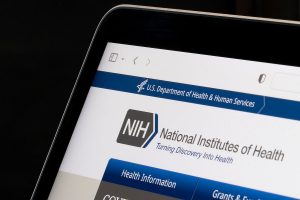Wellness exams are important for monitoring your health and detecting any problems early on. But there are also self-care steps to take to protect yourself the other 364 days of the year.
The U.S. Centers for Disease Control and Prevention suggests doing regular skin and body checks. Look and feel for any changes, like a lump, rash or growth. Use a hand mirror for hard-to-see places.
Also, make a note of any changes in body function: your energy levels, digestion, vision and hearing, thirst and hunger, bathroom habits, and unintended weight loss or gain.
If any of your self-checks turn up anything out of the ordinary, call your doctor. Don’t ignore possible early warning signs.
If you have any chronic conditions — like high blood pressure or diabetes — manage them according to your doctor’s orders, and keep a close track of any changes in your numbers and blood test results.
You may not feel any symptoms now, but diseases are likely to worsen if you don’t follow an early care plan. This might include medication, at-home testing and regular office visits.
It’s also important to know your family medical history.
If you have a close relative with a chronic disease, the CDC notes that you could have an increased risk for developing that disease. The agency recommends keeping track of your family health history by writing down the history of family members and keeping the document in a safe place.
Update it periodically so you’ll be prepared with accurate information for your health care provider. Family health histories can help physicians determine which tests and screenings you should have.
Annual checkups are part of staying healthy, but also be pro-active, and put yourself in the driver’s seat when it comes to protecting your well-being.
More information
For more on self-care, check out Five Minutes (or Less) for Health.
Source: HealthDay
Copyright © 2025 HealthDay. All rights reserved.

















